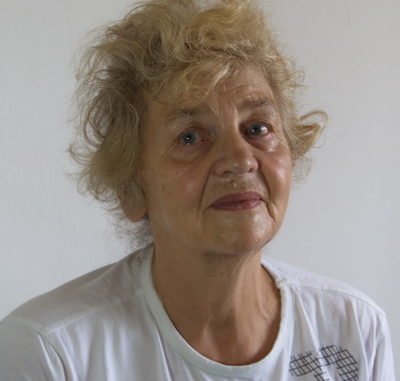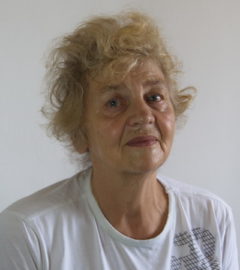
 Words referring to positive emotions (I call them here “euphorisms”): “happiness”, “joy”, “gaiety” with derivatives are generously spread over the novel’ pages, like the word “smile”. They set the general cheerful key of the novel. Abundant usages of “joy” referring to peripheral personages – like the frequent mentions of “joyful faces” of soldiers in fight – only add to this overall effect. Tolstoy widens the meaning of his euphorisms, sometimes unexpectedly. Joy turns out to be a more spiritual feeling than happiness, almost its opposite. It is joy that Pierre feels most, sometimes amidst misfortunes. Happiness becomes questionable. Gaiety develops a negative shade. Joy and happiness are given to all personages, but each has his own version of them. The differences allow comparison. But joy or happiness of a personage change with time, this creates suspence helping build the plot. Repetitions of different euphorisms support each other, the text is saturated with emotional subjectivity. This determines the internal modality of the novel.
Words referring to positive emotions (I call them here “euphorisms”): “happiness”, “joy”, “gaiety” with derivatives are generously spread over the novel’ pages, like the word “smile”. They set the general cheerful key of the novel. Abundant usages of “joy” referring to peripheral personages – like the frequent mentions of “joyful faces” of soldiers in fight – only add to this overall effect. Tolstoy widens the meaning of his euphorisms, sometimes unexpectedly. Joy turns out to be a more spiritual feeling than happiness, almost its opposite. It is joy that Pierre feels most, sometimes amidst misfortunes. Happiness becomes questionable. Gaiety develops a negative shade. Joy and happiness are given to all personages, but each has his own version of them. The differences allow comparison. But joy or happiness of a personage change with time, this creates suspence helping build the plot. Repetitions of different euphorisms support each other, the text is saturated with emotional subjectivity. This determines the internal modality of the novel.

Leave a Reply